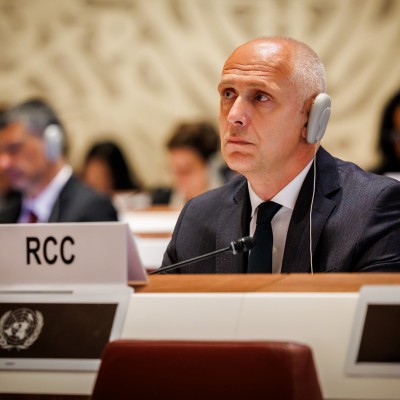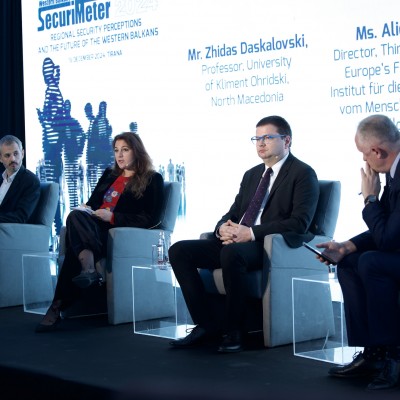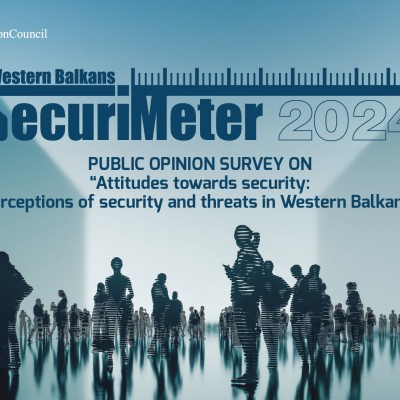Sarajevo meeting discusses security sector reform in Western Balkans
22 March 2011
Representatives of seven regional civil society organizations (CSOs) – from Belgrade, Podgorica, Pristina, Sarajevo, Skopje, Tirana and Zagreb – analyzed in Sarajevo today security sector reforms (SSR) in the Western Balkans, at a roundtable co-organized by the Regional Cooperation Council (RCC) Secretariat.
The event “Security Sector Reform in the Western Balkans: context and evolution from 1991 to 2010” focused on developing the SSR in the Western Balkans, discussed the main drivers and challenges in the process, and supported an increased involvement of civil society in regional activities, which is in line with the RCC Strategy and Work Programme 2011-2013.
Other co-organizers of the meeting, that gathered leading experts dealing with SSR in the region, included the Parliamentary Assembly of Bosnia and Herzegovina (PA BiH), the Geneva Centre for Democratic Control of Armed Forces (DCAF), the Belgrade Centre for Security Policy, and the Centre for Security Studies of BiH, with financial support from the Kingdom of Norway.
Opening remarks were delivered by Secretary General of the BiH Centre for Security Studies, Denis Hadžović; Norwegian Ambassador to BiH, Jan Braathu; Senior RCC Secretariat’s Expert on Justice and Home Affairs, Virgil Ivan Cucu; Assistant DCAF Director, Darko Stančić; Chairman of the Steering Committee of the Belgrade Centre for Security Policy, Miroslav Hadzic; and Expert-Advisor from the Joint Committee for Defense and Security of PA BiH, Željko Grubešić.
“The ultimate goal of security and justice sector reform is achieving tangible impact on the daily lives of the people”, said RCC’s Virgil Ivan Cucu. “This can be done by increasing security of people and property, and the citizens’ access the public service, as well as by bringing sustained improvements to the rule of law as a key prerequisite for sustainable economic development, good governance, and respect for fundamental rights.”
Event participants exchanged experiences on the SSR in Western Balkans and involvement of civil society in the process. They used the opportunity to enhance networking of specialized CSOs working within justice and security sector.



